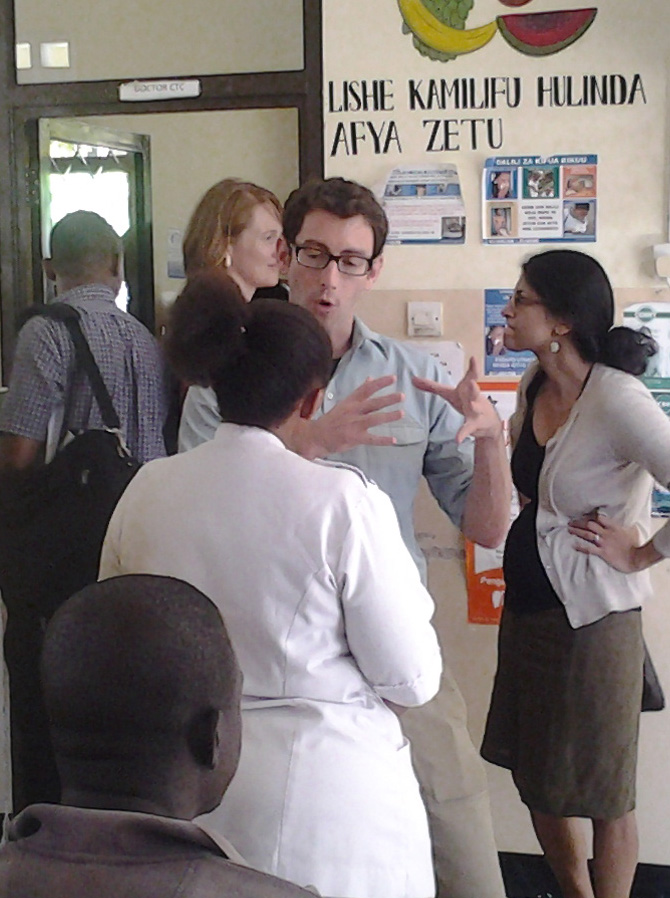Africa Health Financing Workshop A Success
Categories: Announcements
Recently, an HFG team traveled to Tanzania to help facilitate USAID’s East and Central Africa Workshop on Healthcare Financing Capacity-Building, a program of the Regional Africa Bureau. The workshop was designed to provide USAID staff with the tools needed to effectively dialogue with local country officials in an effort to increase domestic financing for health priorities, including ending preventable childhood and maternal deaths (EPCMD) and universal health coverage (UHC).
The workshop focused largely on the basics of health economics and finance, including their application to financing EPCMD and UHC services on a sustainable basis. Participants work closely with government officials and other country stakeholders on complex issues such as resource mobilization, universal coverage, and provider payments.
More than half of the participants recommended that the course, or a more advanced version of the course, be offered in the future. One participant noted that the course “gave an excellent foundation on health financing with a clear vision of the state of the art.” Another said, “I don’t work in this field and feel as though I have learned more in this week than any training in my professional career. Thank you, thank you, thank you for this opportunity, it was great!”

Workshop participants visiting two health centers implementing performance-based financing in the Pwani region (Mkoani Health Center, Medewell Health Center). Credit: Amanda Folsom
Overall, 30 USAID staff dealing with health systems and disease-specific programs participated. Commitment by the host mission, USAID Tanzania, was apparent by the participation of USAID/Tanzania Mission Director and 12 other USAID/Tanzania staff members. The workshop was organized and delivered by a collaborative team made up of USAID Office of Health Systems, and USAID/Africa Bureau Office of Sustainable Development (AFR/SD), HFG, and the Joint Learning Network.
The workshop design included technical presentations, sharing of country experiences, and interactive peer-to-peer exchanges on financing innovations being piloted or scaled to improve efficiency, equity, and sustainability of health system financing.
Workshop participants expressed strong interest in further USAID investment in training on health financing. They especially appreciated the chance to share experiences across countries, discuss the Tanzania health financing strategy, and visit local health care sites. As the workshop unfolded, it became clear that integration of USAID staff in each presentation and peer-to-peer learning were major ingredients of success.
Discussions are underway to replicate the training in several other African countries and Washington.



